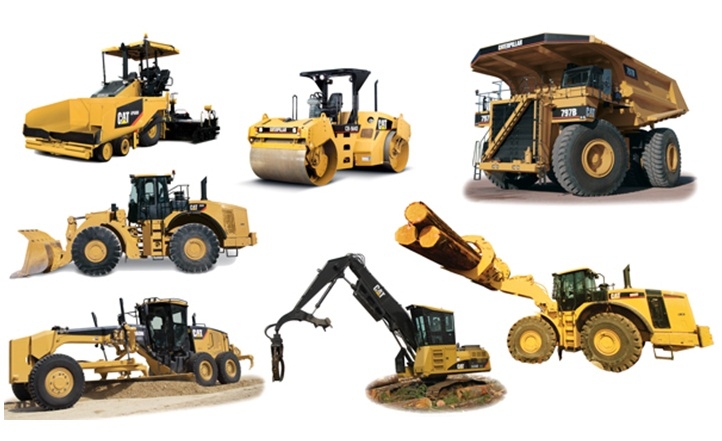When embarking on a construction project, selecting the right heavy machinery is crucial. The machinery you choose can significantly impact your project’s efficiency, safety, and overall cost. Choosing the right equipment requires a careful evaluation of your project’s needs, the terrain, and the type of materials you’ll be working with. The goal of this guide is to give you a thorough understanding of how to select the best machinery for your project and the part a construction equipment supplier can play in helping you make the best choice.
Assessing Your Project’s Needs
Before choosing the right heavy machinery, it is essential to first understand the needs of your project. Take into account the scale of the project, the type of construction, the terrain, and the timeframe.
- Scope of the Project: If you are building a skyscraper, you will likely need larger, more specialized equipment such as cranes, concrete pumps, or bulldozers. On the other hand, smaller residential projects might only require excavators, skid-steer loaders, or backhoes.
- Terrain and Ground Conditions: Is the project located on uneven terrain, a flat surface, or a rocky area? Machines like all-terrain cranes or bulldozers are designed to operate effectively on rough surfaces, while tracked excavators are ideal for loose soil conditions.
- Time Frame: For short-term projects, renting equipment may be a cost-effective option, whereas larger, long-term projects may justify purchasing equipment for ongoing use.
Consult a Construction Equipment Supplier
Once you have a clear understanding of the project requirements, it’s time to consult a construction equipment supplier. A reputable supplier can provide expert advice and help you choose the machinery best suited for your project.
- Expert Advice: Suppliers can offer guidance on selecting the most appropriate machinery, considering factors like job requirements, terrain, and project timeline. Their experience can help you make decisions that align with your project’s budget and goals.
- Variety of Equipment: Construction equipment suppliers often have a wide variety of machinery available, allowing you to select equipment that best matches your project’s needs. Many suppliers also offer maintenance and repair services, ensuring that your equipment runs smoothly throughout the project.
Key Factors to Consider When Choosing Heavy Machinery
There are several factors to consider when choosing heavy machinery for your construction project. These factors include the machinery’s capabilities, fuel efficiency, maintenance needs, and more.
- Load Capacity: Each machine has its own load capacity, and it’s vital to choose equipment that can handle the weight of the materials you plan to move or lift. Overloading equipment can result in damage or delays, so understanding the weight requirements of your project is key.
- Fuel Efficiency: In the construction industry, fuel is a significant cost. Consider renting or purchasing equipment that is known for its fuel efficiency, as this can save you substantial amounts over the course of the project.
- Machine Size and Portability: Different machines come in different sizes. Smaller, more compact machinery like skid-steer loaders may be more appropriate for tight spaces, while larger machinery like cranes may be needed for larger open areas.
Long-Term vs. Short-Term Equipment Needs
Another crucial decision involves determining whether you need the equipment long-term or for a short duration.
- Long-Term Projects: If your project will last for several months or years, purchasing equipment may be more cost-effective. Long-term ownership also means you will have full control over the maintenance and operation of the equipment.
- Short-Term Projects: For smaller projects that are short-term, renting heavy machinery is often more economical. Renting allows you to access high-quality equipment without the burden of ownership, maintenance, or storage costs.
Consulting with a trusted construction equipment supplier can help you determine whether renting or purchasing is the better option based on your project’s scope and duration.
Conclusion: Making the Right Choice
Choosing the right heavy machinery is essential for the success of any construction project. By understanding your project’s needs, consulting with a construction equipment supplier, and considering key factors like load capacity, fuel efficiency, and machine size, you can make an informed decision. Renting or purchasing the right equipment will contribute to a smoother, more efficient construction process, ultimately leading to project success.





























